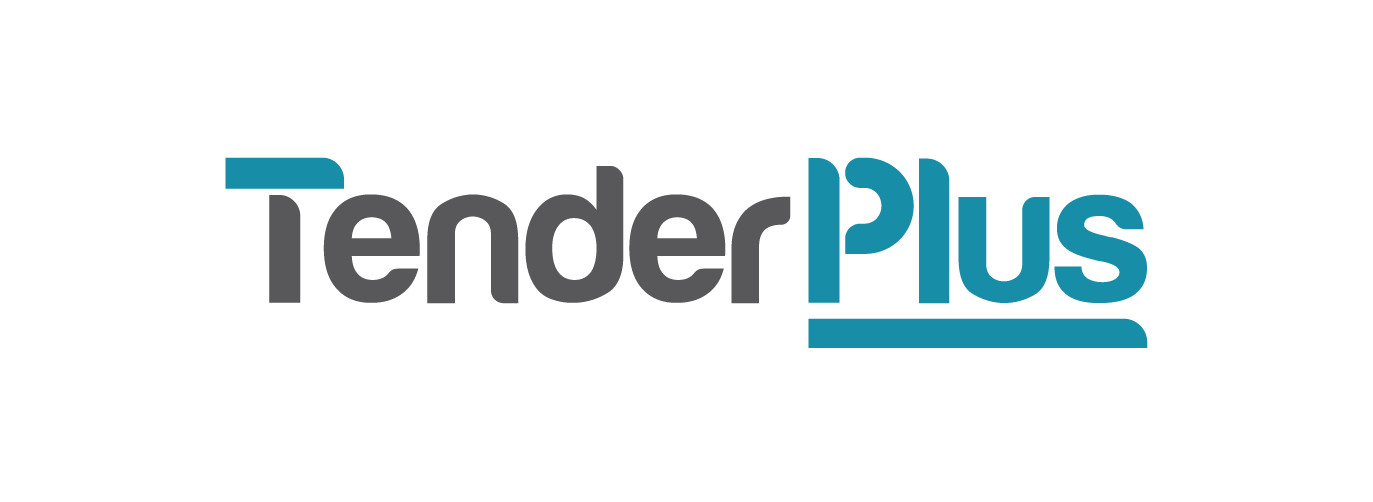‘Look after yourself in this madness’
Meet Frosanna Kelso, Tender Specialist, Sydney
What's the most rewarding part of consulting as a specialist on tenders?
The opportunity to work with a diverse range of clients and to learn about their industry and business. As a child of two teachers, I appreciate the opportunity to learn something new on each tender.
How do you adapt to the different subject matter that you deal with on a day-to-day basis?
By being flexible and adjusting my skills in response to the subject matter. It is not so different from being at school where you study algebra in the morning and Shakespeare in the afternoon.
What's the best tip a mentor or colleague in the field has given you about tendering and why?
‘Look after yourself in this madness’ – when deadline after deadline is looming, and you are working crazy hours to meet them it is easy to forget to take time for yourself. However, you cannot do your best work, if you are not looking after yourself.
Coffee or tea? (Discuss)
Coffee – bring on the caffeine buzz. Plus, I don’t really like the taste of tea. Like everyone’s favourite American (Ted Lasso) says, “Tea is horrible. Absolute garbage water.”
What's the most important quality that you think you bring to the bids that you work on? Why?
Strong research and analytical skills. This gives me the ability to locate, retrieve, analyse, and evaluate information from a client’s tender library and redraft into a winning tender response.
What's it like being part of the Tender Plus team?
It is like being part of a special club that embraces everyone’s eccentricities – like my obsession with Disney. Everyone is very supportive of each other and happy to help where possible.
If you could immediately change one thing about tendering that would make the discipline better for everyone, what would it be?
‘Mean’ tender submission due dates (such as a due date the day after a public holiday and bids due on Christmas Eve or 2 January).
What are the top three tips you would give to a client about writing a tender?
1. Make sure your submission is compliant – follow all instructions in the Request for Tender (RFT) documentation.
2. Do not make assumptions; seek clarification when you are unsure what the tender question is asking.
3. Answer the question asked but be selective in what information you provide – avoid flooding your response with unnecessary content. Information for information’s sake is pointless. If it’s not what the tendering organisation has asked for, then it doesn’t add any value.
What's the funniest word, phrase, or acronym you have seen in a tender?
SFAIRP – so far as is reasonably practicable.
"We came a close second." Thoughts?
This is a perfect learning opportunity so ask the contracting authority for feedback. Offering the benefit of another set of eyes (eyes that have evaluated the other submissions) the feedback will identify the strength of your tender, while highlighting aspects that need refining. This feedback can be used when writing your next tender.
What's the word you never want to see used in a tender again?
World-class.
What is your favourite sector to tender in? Why?
The not-for-profit sector because I like working with organisations motivated by making a positive difference in the world. I like knowing that in this small way I have helped the organisations make a difference.
Cat person, dog person or other? If other what?
None of the above – we didn’t have pets growing up, so I am not an animal person. The only animals I like are the animals in a Disney movie.
How do you describe what you do for a career?
I help organisations craft impactful and compelling tenders to win work. When they ask me what this involves, I tell them a large amount of word formatting.😊
Why do you think that you thrive under pressure? What makes you so resilient?
I thrive under pressure because it means I don’t have a chance to procrastinate – I was a big procrastinator at university. After the last few years of COVID and lockdowns, I think everyone is resilient.
"It's all about the price." Thoughts?
Price will always be an important component but if it was only about price than the contracting authority would ask for a price quote only. Most contract authorities, especially government want value for money or the best available outcome for money spent. What ‘the best available outcome’ is will depend on the contract authority and what they are looking for, so you should invest the time to understand this before beginning your tender submission.
